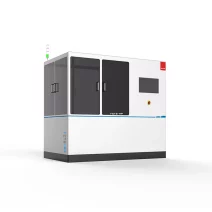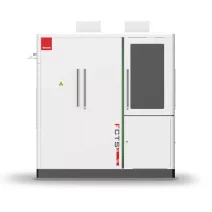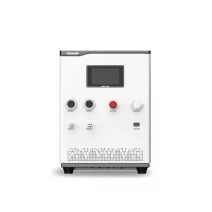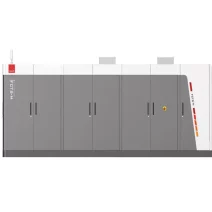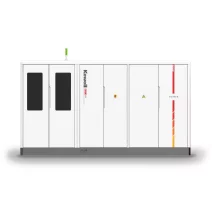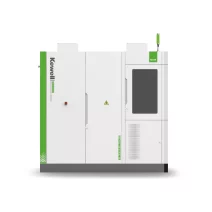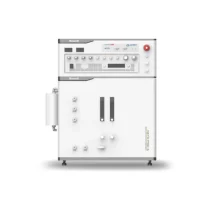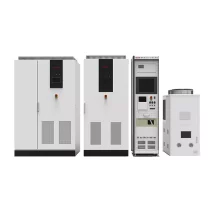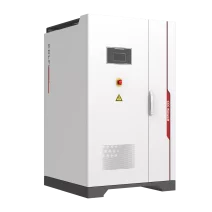Fuel Cell Test Equipment
Fuel cell test equipment is used to test and analyze fuel cell systems, which generate electricity by converting the chemical energy of a fuel, such as hydrogen or natural gas, into electrical energy. The equipment is used to measure the performance and efficiency of fuel cell systems, as well as to identify and diagnose any issues that may arise during operation.
Fuel cell test equipment typically includes a range of instruments and components, such as power supplies, electronic loads, fuel cell stacks, gas analyzers, and data acquisition systems. These components work together to provide accurate and reliable measurements of key parameters, such as fuel consumption, efficiency, and power output.
The test equipment is used in a variety of industries, including automotive, aerospace, and energy, where fuel cell technology is being developed and deployed. In the automotive industry, for example, fuel cell test equipment is used to evaluate the performance of fuel cell vehicles and to identify opportunities for improvement in efficiency and reliability.
In addition to testing fuel cell systems, fuel cell test equipment is also used for research and development purposes. Scientists and engineers use the equipment to study the behavior of fuel cell systems under different operating conditions and to develop new materials and components that can improve the performance and efficiency of fuel cell systems.
Fuel cell test equipment is used to test and analyze fuel cell systems, which generate electricity by converting the chemical energy of a fuel, such as hydrogen or natural gas,…
...into electrical energy. The equipment is used to measure the performance and efficiency of fuel cell systems, as well as to identify and diagnose any issues that may arise during operation.
Fuel cell test equipment typically includes a range of instruments and components, such as power supplies, electronic loads, fuel cell stacks, gas analyzers, and data acquisition systems. These components work together to provide accurate and reliable measurements of key parameters, such as fuel consumption, efficiency, and power output.
The test equipment is used in a variety of industries, including automotive, aerospace, and energy, where fuel cell technology is being developed and deployed. In the automotive industry, for example, fuel cell test equipment is used to evaluate the performance of fuel cell vehicles and to identify opportunities for improvement in efficiency and reliability.
In addition to testing fuel cell systems, fuel cell test equipment is also used for research and development purposes. Scientists and engineers use the equipment to study the behavior of fuel cell systems under different operating conditions and to develop new materials and components that can improve the performance and efficiency of fuel cell systems.
-
The system is designed to provide a stable test platform for fuel cell hydrogen circulation pump. Ideal for performance, durability, and...FIND OUT MORE
-
The development of FCTS-S system is designed to provide a stable testing platform for fuel cell short stacks. The system contains energy-consuming...FIND OUT MORE
-
The FCTS-SC-100 product is aimed at providing an accurate and reliable test platform for fuel cell single cell. The system consists of...FIND OUT MORE
-
The FCTS-M system is designed to provide a stable test platform for fuel cell engines. This system contains KDLF series fuel cell specific energy...FIND OUT MORE
-
The FCTS-S system is developed to provide a stable testing platform for fuel cell stack. The system consists of KDLF series fuel cell specific energy...FIND OUT MORE
-
The HETS-PWE-S series product is aimed at providing the PEM electrolyzer with an accurate and reliable test platform. The system consists of primary...FIND OUT MORE
-
The HETS-PWE-S-500 system is aimed at providing the PEM electrolyzer with an accurate and reliable test platform for PEM electrolyzer. The system...FIND OUT MORE
-
Fuel Cell DCDC Test System is composed of EVS-F Series Fuel Cell Simulator, EVS Series Battery Simulator, control cabinet, and other supporting...FIND OUT MORE
-
The KDLF Series Fuel Cell Specific Energy Recycling DC Electronic Load is specifically developed for fuel cell stack and engine testing. It is a...FIND OUT MORE

